When Should Officer on Watch (OOW) Call the Ship’s Master?
The Officer on Watch (OOW) when on duty is in charge of the ship’s navigation and safety. While on the bridge, he is the representative of the ship’s master and must carry out all the orders as put forth by the latter.
While navigating the ship, the officer in charge has to take independent decisions to ensure a smooth passage of the ship. However, every shipping company provides a list of situations, wherein the officer on watch must call the ship’s master to the bridge to avoid any kind of danger for the ship.
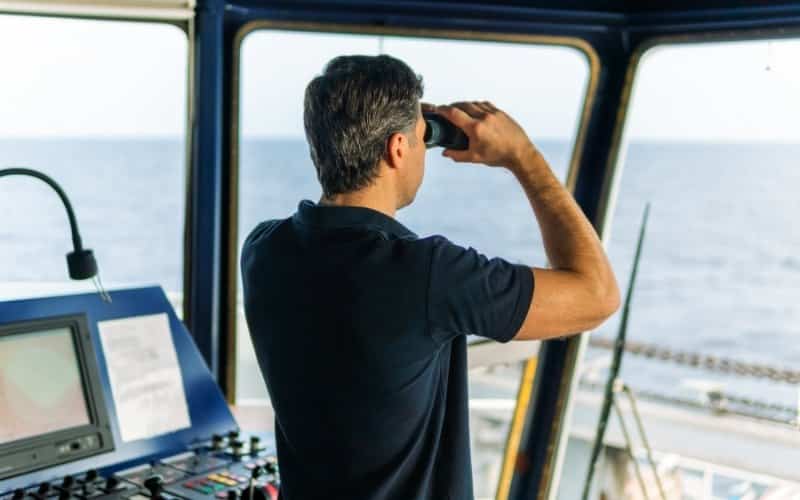
These instructions are given in the shipboard operational procedures, and it is imperative for every OOW to follow them.
Below is the checklist of situations, wherein the officer on watch should call the ship’s master
- Danger to the ship because of traffic or movement of other ships
- Danger to ship or ship’s stability because of heavy weather
- Malfunctioning of alarms or signalling equipment
- On encountering restricted visibility
- Difficulty in maintaining a proper course
- Breakdown of propulsion system, steering gear, or machinery
- Malfunctioning of radio equipment
- During manoeuvring
- On sighting land or navigation mark that can turn out to be dangerous
- Breakdown of essential navigational equipment
- On encountering navigational hazards such as rocks, icebergs, or shipwrecks
- Failure to sight land or navigation mark
- Sudden change in sounding or readings at inappropriate time
- On encountering suspicious ship or boat heading towards the ship
- On receiving emergency or important message from nearby port or ship
- On encountering any suspicious floating object in piracy affected area
Apart from the above mentioned situations, the officer in charge should always call the master in case of an emergency or when in doubt about a particular situation.
Once on the ship, the master would take the control of the ship. This has to be recorded in the ship’s logbook.
Do you have info to share with us ? Suggest a correction
Latest Marine Navigation Articles You Would Like:
Subscribe To Our Newsletters
By subscribing, you agree to our Privacy Policy and may receive occasional deal communications; you can unsubscribe anytime.



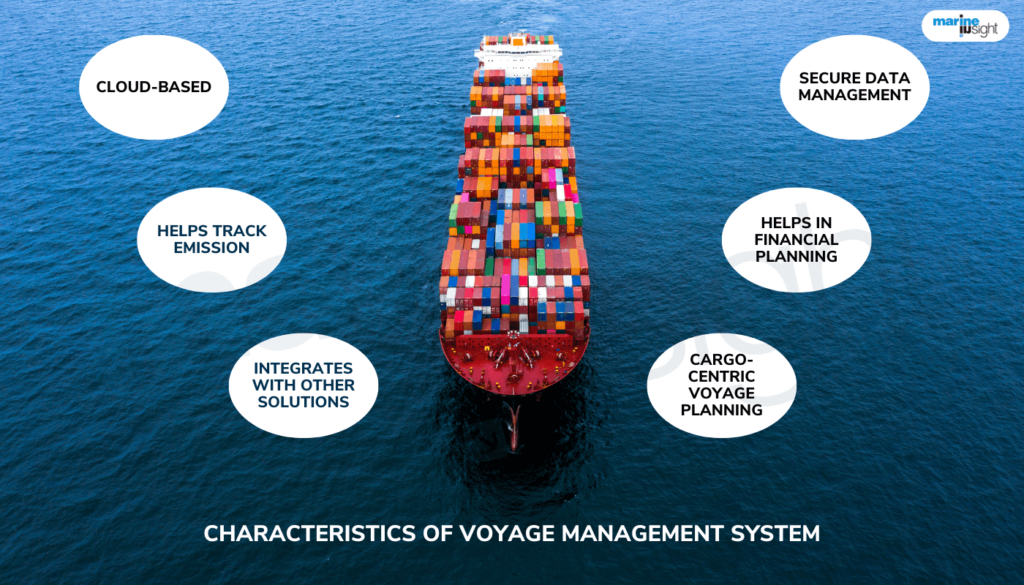
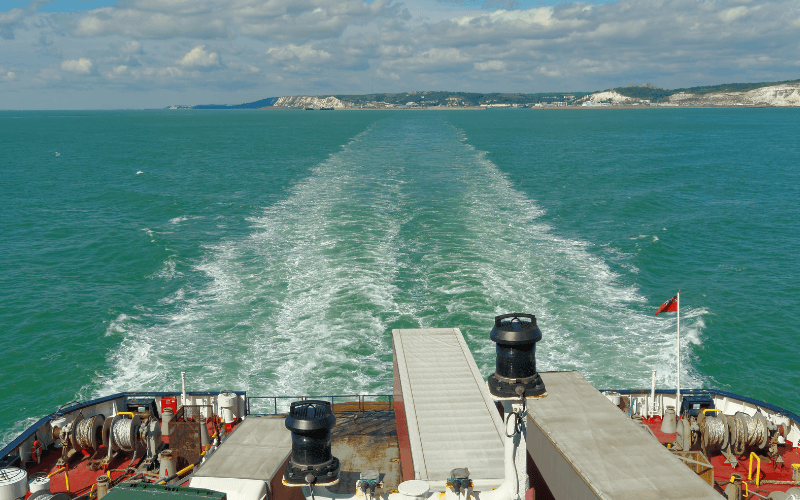
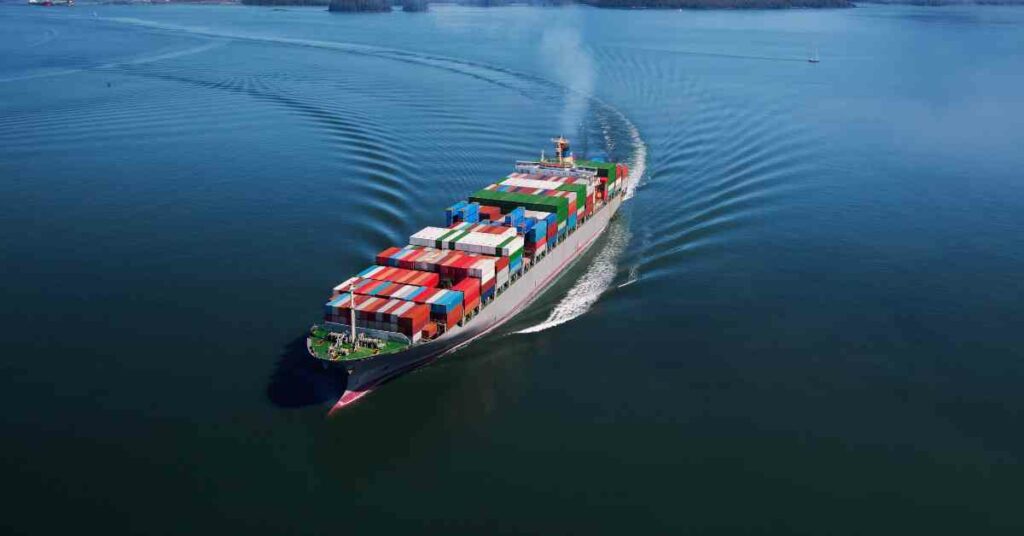
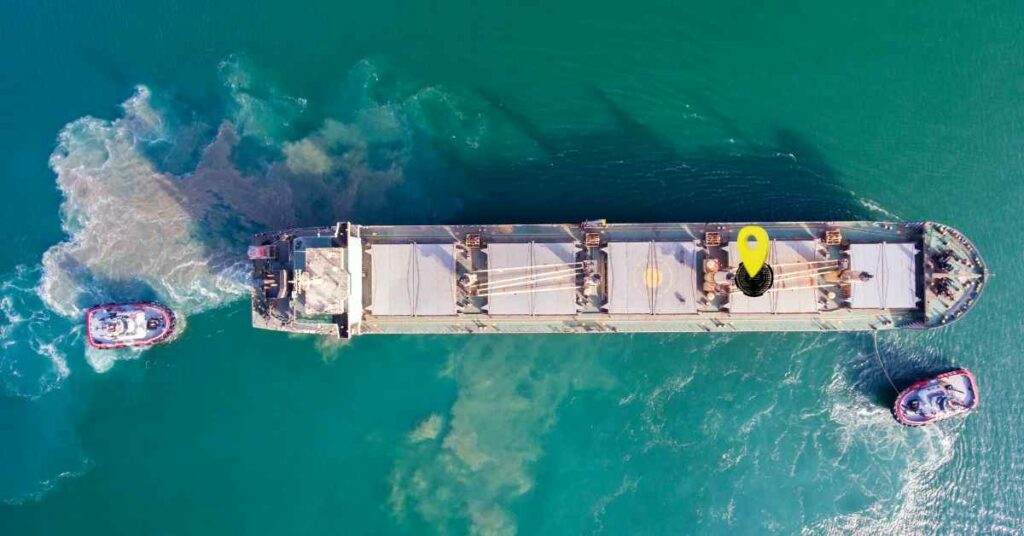
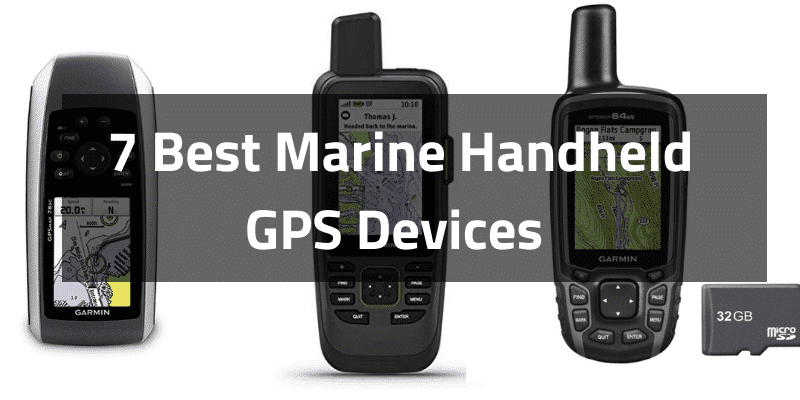
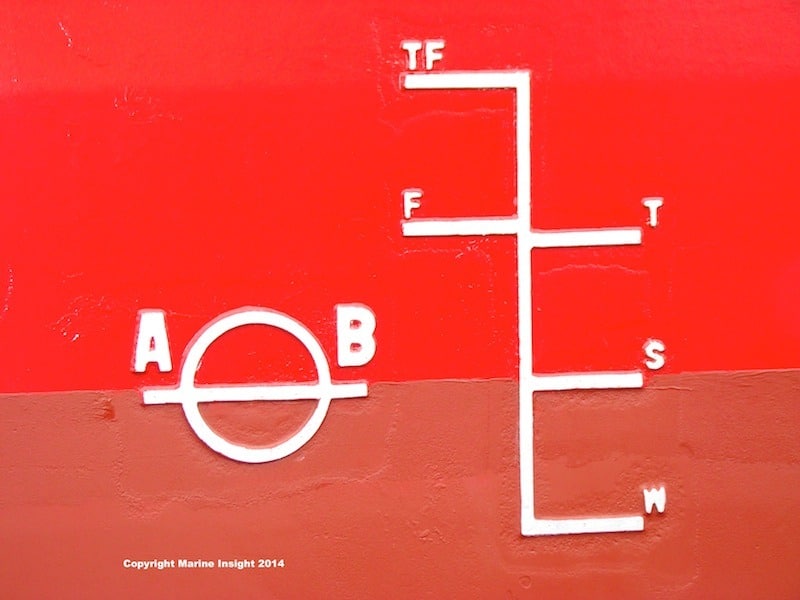

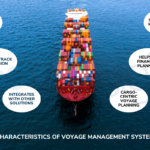
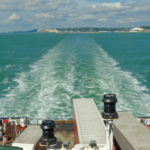
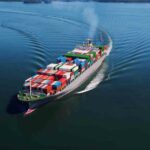
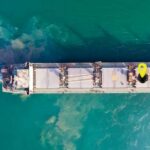
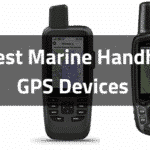
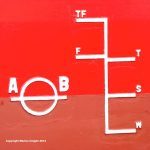
When the mate on watch discovers a stowaway upon leaving port. A call to the Chief Officer does no good, When the master awoke he was outraged, for not turning the vessel around and putting the stowaway back in the port of discharge. Lesson Learned, upon completion of the voyage the 3rd Mate was fired being 5 minutes late in port for his watch. The Officers Union looked the other way.
Be Safe, when in doubt call the Master of your vessel. He is the one totally responsible. Actual event.
@ D.N : Thanks for the input.
My standing and night orders always stated “The only mistake you can make is to not call me in ANY questionable situation.” This was emphasized at all training sessions.
Aware this is an old article that has been reposted….
“Once on the ship, the master would take the control of the ship….”. The masters presence on the bridge does not necessarily mean he must take over the con. The OOW, quite often, is more than capable of handling the situation and just needs some support. It is a good learning experience of the OOW and always reassuring when the OOW knows they may need a bit of extra support.
I agree with the comments of putting the change of con into the logbook and also to make the bridge team aware of the change of con verbally.
“Once on the “BRIDGE”, the master would take the control of the ship. This has to be recorded in the ship’s logbook.”